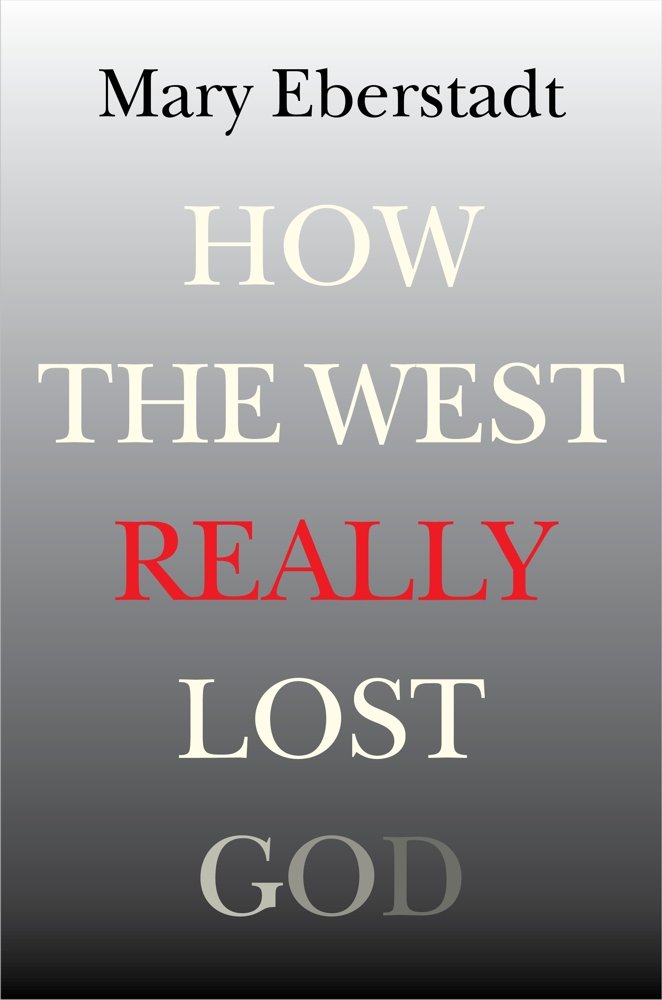The history of twentieth-century Russia is one of social and political upheaval, and the family, being the “natural and fundamental group unit of society” (Article 16.3 of the Universal Declaration of Human Rights), could not escape being profoundly affected.1 Society’s development and its stability and prosperity depend, among other things, on the continuous growth or, […]
Read MoreA Brief History of Family Policy in Russia, 1917-2013
- Post by: Pavel A. Parfentiev
- June 23, 2013


